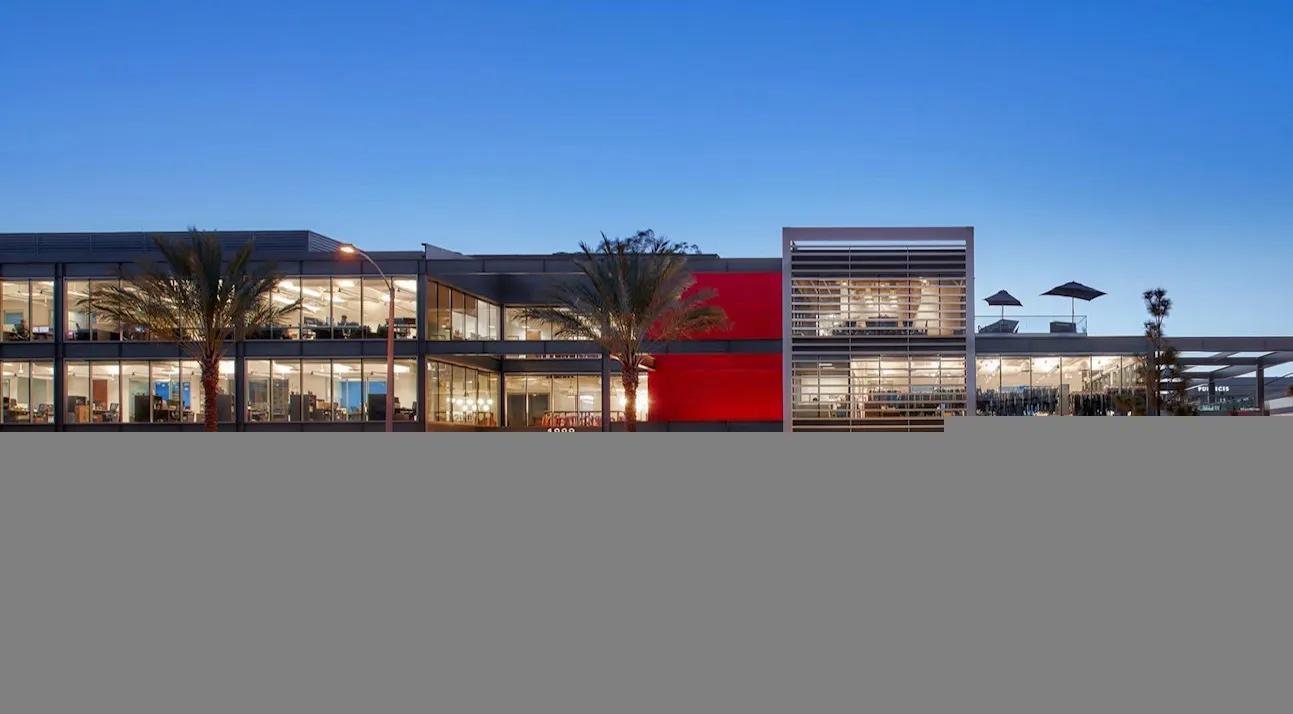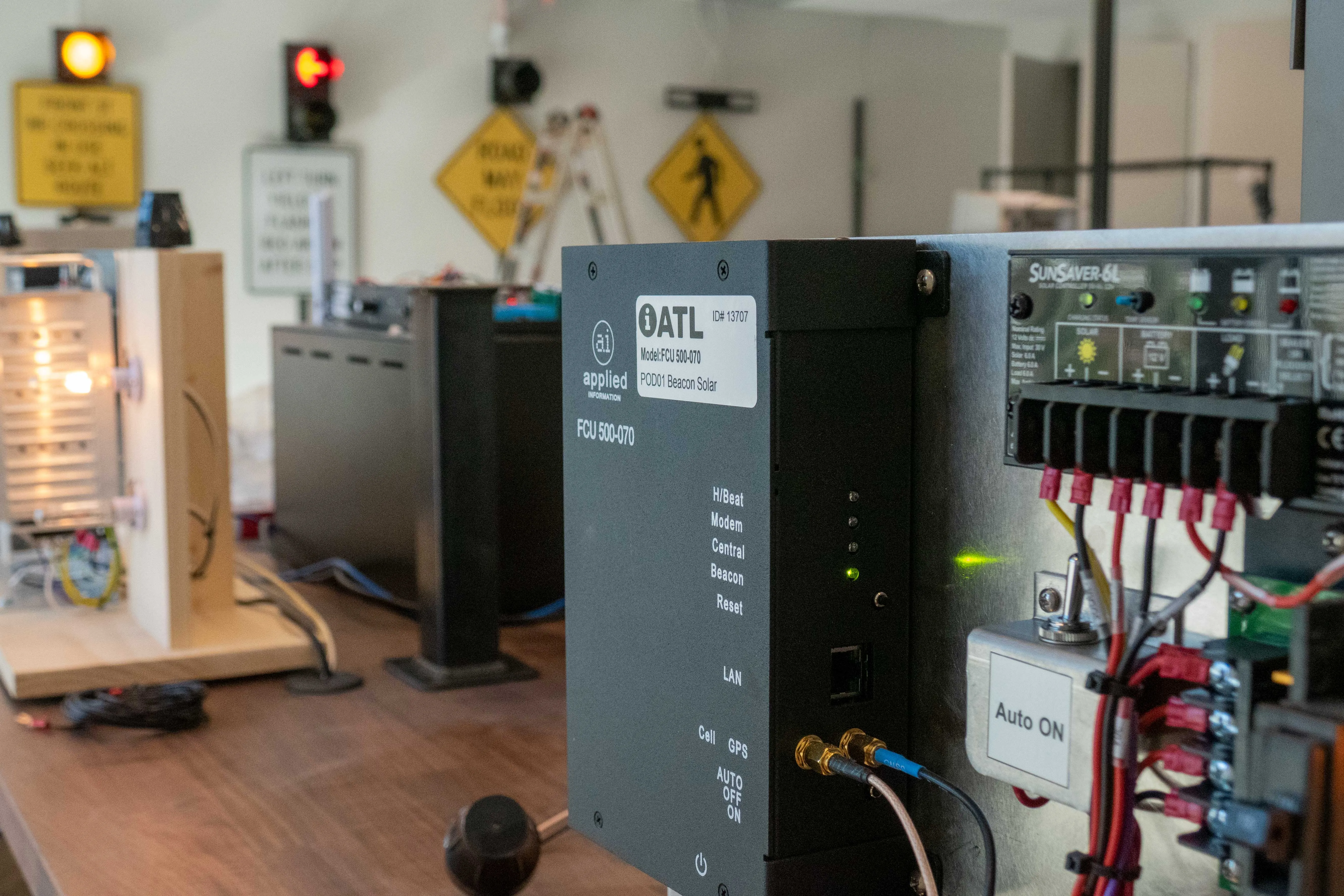
Electric vehicle (EV) manufacturer Fisker is to open a global HQ in Los Angeles County, California.
The company says that, with 73,000 square feet of space, the HQ – named 'Inception' – is designed to maximise collaboration opportunities.
“With 100 more employees planned to join the company by the end of the year alone, our challenge was to find the right facility to support our growth," says chairman Henrik Fisker.
"Our new HQ in Manhattan Beach will enable us to take a vehicle from a sketch to launch in an environment that is consistent with our asset-lite, digital-first philosophy.”
The announcement follows Fisker's plans to open an engineering and research centre in the Mission District of San Francisco.
Fisker says it will use the ‘Source Code’ facility to develop its software and vehicle electronics, including both in-car and Fisker data centre elements.
Chief technology officer Burkhard Huhnke says: “The design and development of the software and vehicle interfaces will be an important differentiator for all our products, and our new facility in San Francisco will be central to that process.”
Looking ahead, the company is to launch its Fisker Ocean in 2022, an EV which it insists will come with a range of approximately 250-300 miles.










